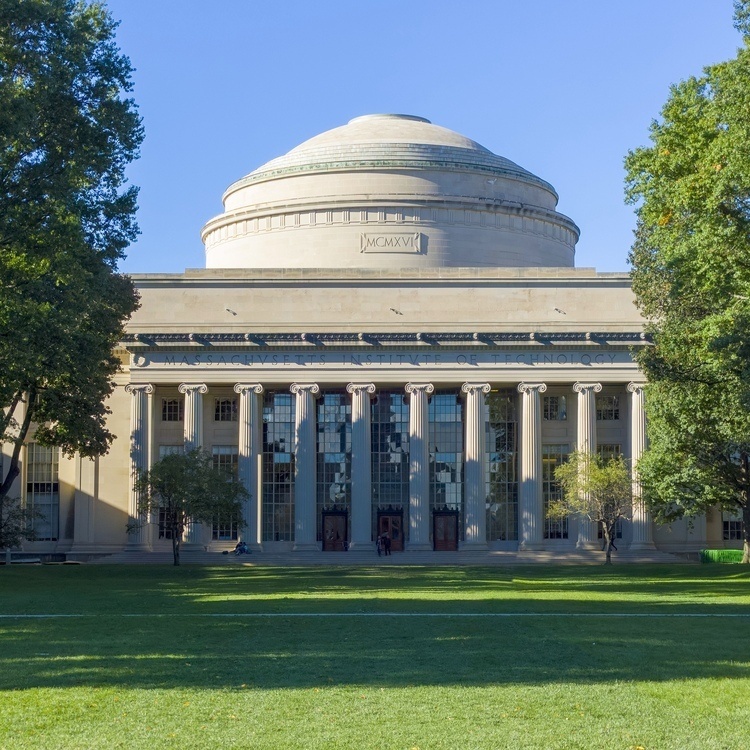
Leyla Akay Thesis Defense: When Memory Unravels: How the Alzheimer's disease risk gene APOE4 impacts oligodendrocyte metabolism and myelination
Description
Title: "When Memory Unravels: How the Alzheimer's disease risk gene APOE4 impacts oligodendrocyte metabolism and myelination"
Abstract: The APOE gene is a keystone in the genetic architecture of late-onset Alzheimer's disease, but the cellular mechanisms mediating its contribution to disease risk remain unclear. In Part I of this thesis, we address this question by performing single-nuclear RNA-sequencing on human post-mortem brain from individuals carrying 0, 1, and 2 copies of APOE4. We find that APOE4 expression leads to cholesterol accumulation and impaired myelination in oligodendrocytes (Blanchard, Akay, Davila-Velderrain, & von Maydell et al., Nature 2022). In Part II of this thesis, we use a genome-wide CRISPR screen to identify regulators of APOE4's effects on lipid metabolism in oligodendrocytes. This functional genomics approach unexpectedly reveals signaling pathways and a class of lipid-modifying enzymes as regulators of lipid accumulation. We show that modifying these signaling pathways restores lipid homeostasis across model systems. Finally, in Part III of this thesis, we leverage single-nuclear RNA sequencing across six distinct regions of the human brain. We find evidence of glial lipid modifying enzymes as participatory in cognitive resilience to disease pathology (Mathys, Boix & Akay et al, Nature, 2024). Together, our work provides evidence for glial lipid metabolism underlying both genetic mechanisms of risk, and cognitive resiliency to Alzheimer's disease.

